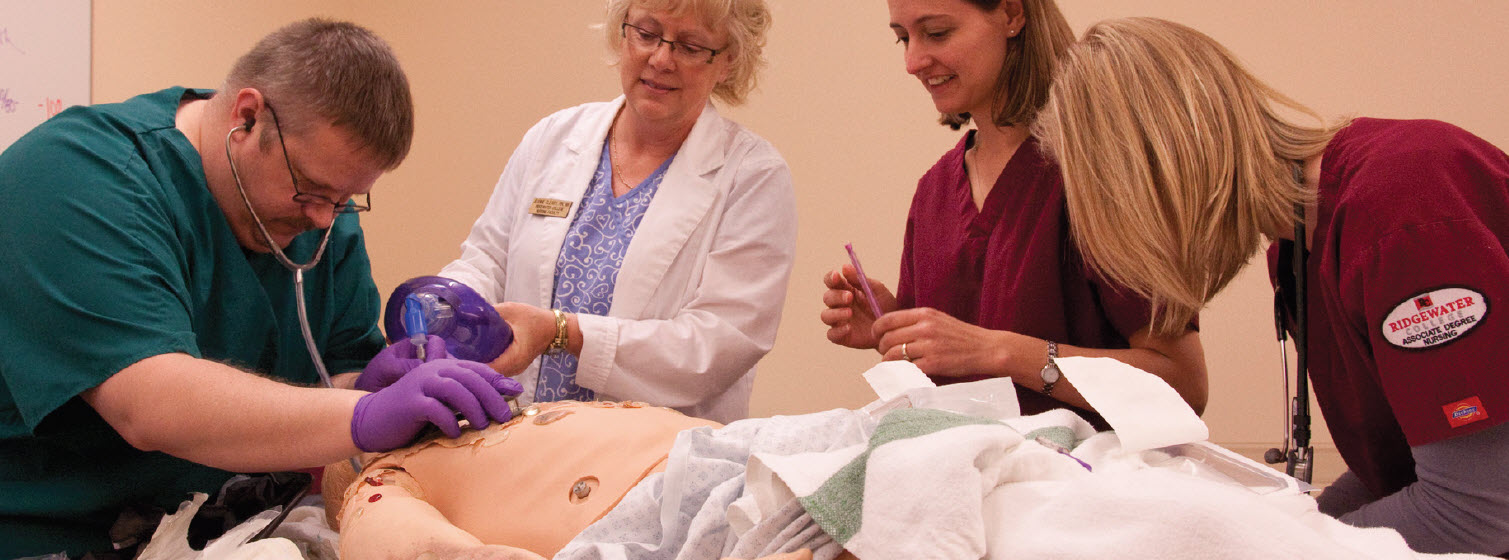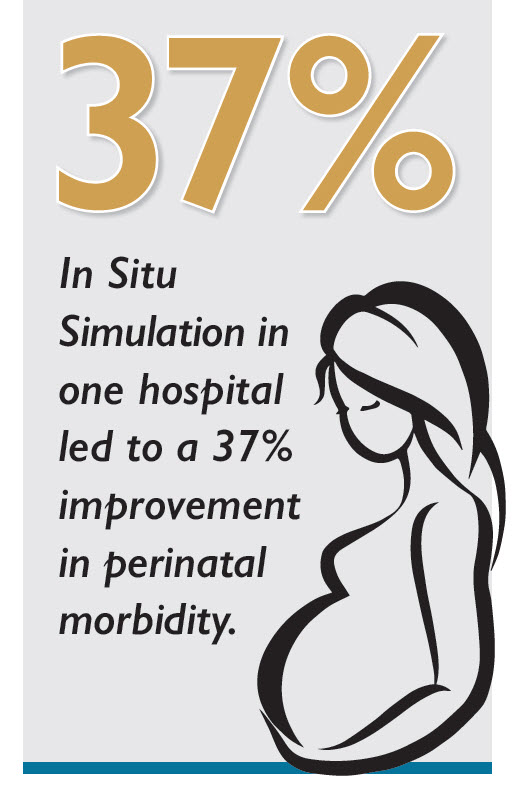
A growing body of evidence shows that clinical skills acquired via simulation transfer directly to improved patient care and better outcomes. When paired with deliberate practice, simulation-based education is found to be superior to traditional clinical education for a wide range of skills acquisition.2
One such study indicates that simulation promotes engagement in several ways:
- Flow:
Students were absorbed in the task at hand.
- Interest:
Students demonstrated interest as evidenced by enjoyment, active discussion, and humor.
- Relevance:
Simulations were relevant, in terms of situational clinical practice, exam preparation, and obtaining feedback on clinical decisions.3

